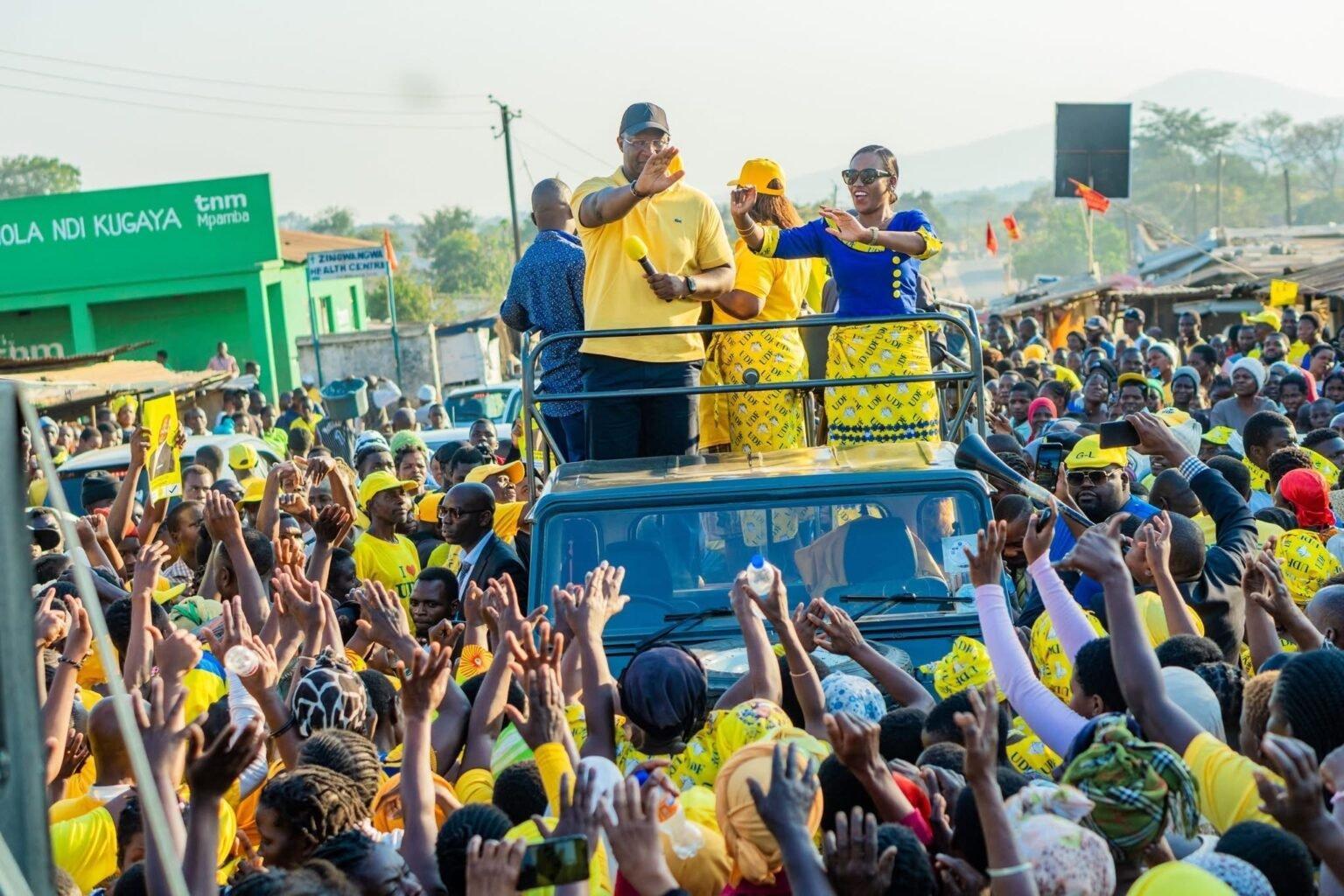Africa-Press – Malawi. As Malawi marches toward the September 16 polls, one reality is undeniable: this is a youth election. More than half of our population is under 35, and 1.2 million new voters—mostly young people—have registered to vote for the very first time. In this context, only one candidate truly embodies the energy, vision, and integrity that the youth are demanding: Atupele Muluzi.
A fresh study by the South African Institute of International Affairs (SAIIA) shows a political earthquake in motion. Atupele is commanding nearly half of the youth vote—47% among 18–24-year-olds and 41% among those aged 25–34. His rivals, Peter Mutharika and Lazarus Chakwera, are trailing far behind, weighed down by legacies of failed promises and old-guard politics. For the restless youth of Malawi, tired of recycled leaders, Atupele represents something different: possibility.
But let’s be clear. Atupele’s appeal is not just about being younger than the competition—it is about what he stands for. According to the poll, 85% of Malawians believe he is the most credible anti-corruption candidate. That number towers over Mutharika’s 43% and Chakwera’s meagre 17%. In a nation where 94% say Malawi is on the wrong track, this credibility is not just an asset; it is the very currency of hope.
Equally important, Atupele is seen as the fittest leader to carry the heavy burden of Malawi’s presidency. An overwhelming 94% of voters say he has the health, stamina, and energy for the job—while only 35% believe Mutharika does. This is not a small matter. At a time when Malawians are demanding active leadership that can endure the rigours of governance, Atupele’s vitality is an undeniable advantage.
What sets him apart further is his bridge-building ability. Even across rival camps, Atupele emerges as the preferred coalition partner. This means he is not just a youth favourite but also a national consensus-builder—a unifying figure with the rare gift of transcending partisan divides.
The numbers tell a compelling story. Yes, Mutharika currently clings to a narrow national lead at 32%, with Atupele at 30%. But momentum lies with the youth, and the youth are overwhelmingly with Atupele. With 68% of first-time voters reporting high interest in the 2025 elections, it is this groundswell of youthful conviction that could tilt the scales and decide Malawi’s future.
This is why Atupele is not just another name on the ballot. He is the heartbeat of Malawi’s youthful electorate—the only candidate who combines reformist credibility, physical stamina, digital visibility, and a vision that speaks to the daily struggles of young Malawians.
The 2025 elections are more than a political contest; they are a generational choice. The question is simple: will Malawi continue recycling tired leaders of the past, or will it boldly entrust the future to a leader who embodies the dreams and energy of its majority population?
The youth have already answered. Their favourite is Atupele Muluzi. And if Malawi truly believes the future belongs to the young, then the future belongs to him.
For More News And Analysis About Malawi Follow Africa-Press






